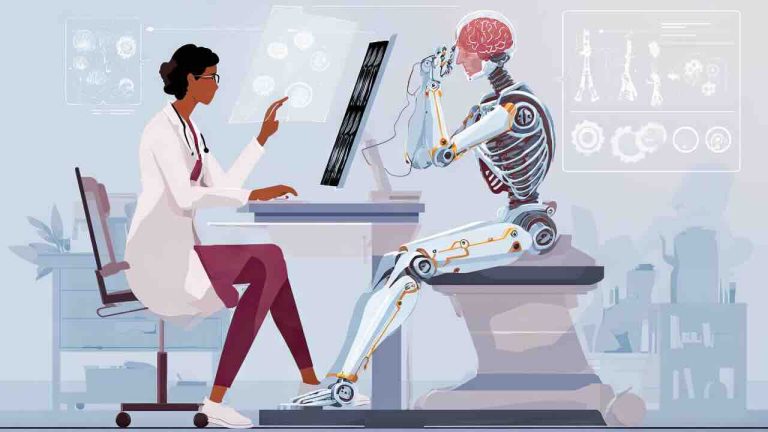| Insight | Why It Matters | Application | Tags |
|---|---|---|---|
| A new AI recruitment platform aims to match doctors with underserved communities | Many regions lack access to family physicians | Health systems and communities can adopt smarter recruitment strategies | health AI, physician recruitment, Canada healthcare, medical access, AI in health |
Healthcare systems around the world are struggling with a growing shortage of primary care physicians, especially in rural and remote areas. A newly launched AI platform, developed by Intillum Health, seeks to change that by using data and machine learning to optimize physician recruitment and community placement. The platform targets compatibility rather than just job requirements, aiming to keep both doctors and communities satisfied.
The core of the Intillum platform is a matching algorithm that considers a wide range of factors: a doctor’s lifestyle preferences, community needs, commuting distance, patient demographics, and even long-term retention prospects. Instead of simply filling vacancies, the AI suggests matches that are likely to last. This thoughtful approach aims to reduce turnover, improve continuity of care, and reduce costs associated with repeated recruitment cycles.

Under this system, communities input key data health needs, population size, available resources, and geographic challenges. Physicians input personal preferences, past experience, and family considerations. The AI then rates compatibility scores and delivers ranked match suggestions. Health system administrators review these matches and have the final say. Beyond recruitment, the platform provides analytics about future needs, potential gaps, and retention risks to guide long-term workforce planning.
One important feature is the continuous feedback loop. After placements, Intillum collects data on satisfaction, patient outcomes, and retention rates. This data refines the model over time, making future matches more precise. In early pilot regions, the platform reportedly improved retention metrics and reduced time-to-fill for physician roles.

While the platform is launching in Canada, its model is relevant globally. Many other countries face physician shortages in underserved communities. If successful, Intillum’s approach may inspire similar AI recruitment systems elsewhere. For health systems, this offers a path toward smarter, data-driven workforce management rather than reactive crisis hiring.
Critics will want to ensure transparency, privacy, and fairness. AI algorithms must not entrench biases or exclude candidates unfairly. Data governance and human oversight remain crucial. The success of this project depends on how well it balances advanced technology with the human demands of medical practice and care delivery.

The Bigger Picture
The deployment of AI in physician recruitment could mark a shift in how health systems solve access inequities. When people search for “AI for physician matching,” “physician shortage solutions,” or “community health AI platform,” Intillum’s model provides a real example that blends tech with social need. The platform illustrates how machine learning, data science, and human judgment can converge to make healthcare more equitable. The broader implication is that in the future, even workforce development may be driven by intelligent systems if done thoughtfully, with ethics and oversight built in.
#HealthAI #PhysicianRecruitment #MedicalAccess #AIinHealthcare #RuralHealth #HealthcareTech #CommunityHealth #AIPlatform #DoctorShortage #MedicalInnovation















0 Responses
No responses yet. Be the first to comment!